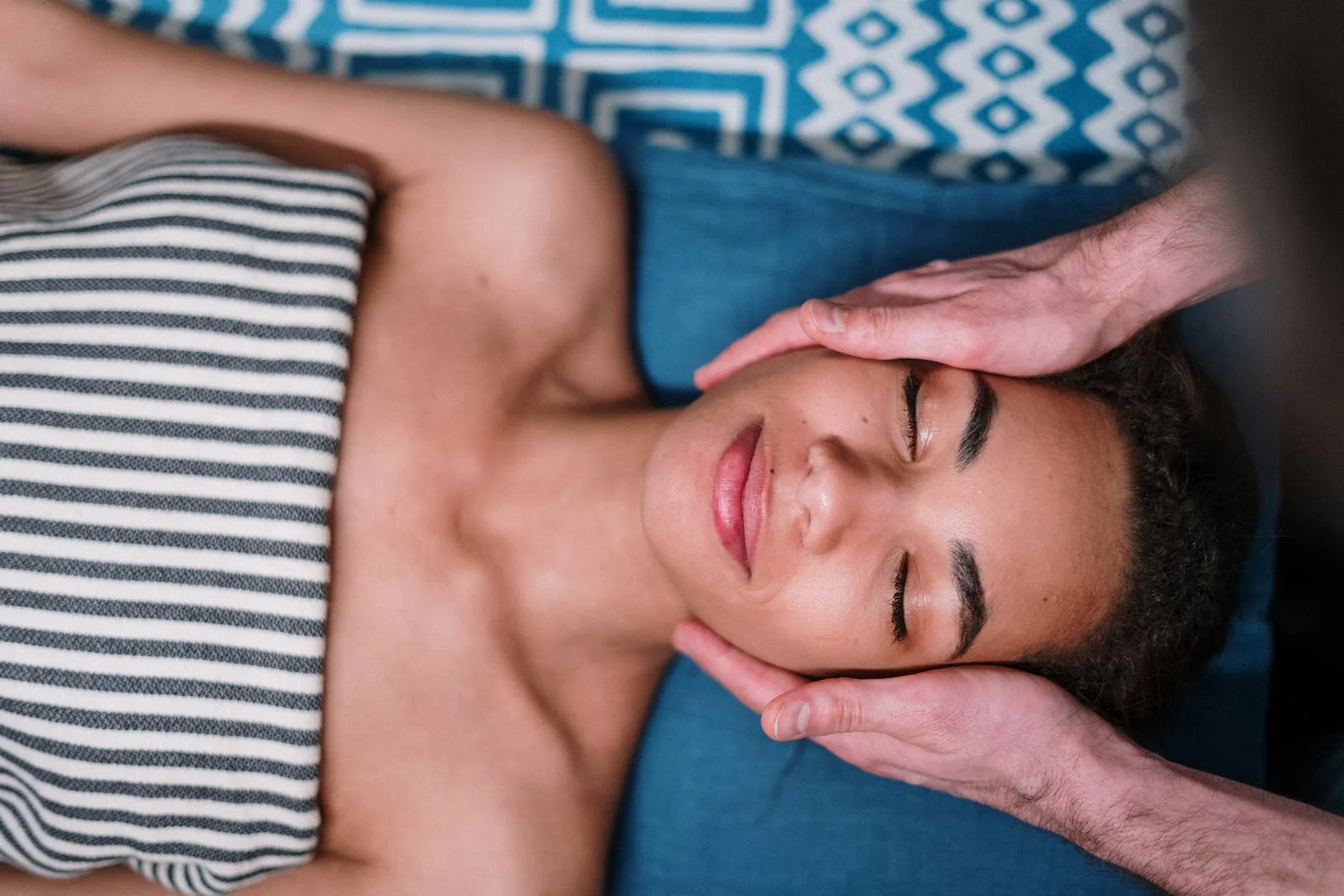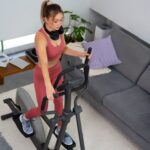Anxiety and depression are serious mental health conditions affecting millions of people. While medication and therapy are common treatments, medical massage performed by professionals near you can also play an important role in relieving symptoms and improving quality of life.
How Medical Massage Helps Anxiety
Boosts Feel-Good Hormones: Massage increases levels of dopamine, serotonin and oxytocin in the body that elevate mood and reduce stress. These imbalances in neurotransmitters are linked to anxiety symptoms like worry, restlessness and difficulty sleeping.
Reduces Cortisol: Massage therapy lowers cortisol, the primary stress hormone elevated in anxiety. Lower cortisol levels help regulate emotions and promote feelings of calmness and control.
Activates the Parasympathetic Nervous System: Massage stimulates the body’s relaxation response which counteracts the “fight or flight” symptoms of anxiety like rapid heartbeat and muscles tension. Feeling more relaxed and less “wired” alleviates anxious thoughts.
Improves Sleep: Massage enhances circulation and reduces muscle tension that disrupts sleep, all of which help combat insomnia associated with anxiety. Better sleep quality leaves one feeling less tired and stressed the next day.
How Medical Massage Helps Depression
Releases Feel-Good Neurotransmitters: As with anxiety, massage boosts dopamine and serotonin levels in the brain to elevate mood and inhibit depressive thoughts. Neurotransmitter imbalances are linked to lack of motivation, low energy and other symptoms of depression.
Improves Self-Esteem: Regular massage increases self-worth by reminding the body that it deserves proper care and attention. Greater self-esteem can combat negative thought patterns associated with depression.
Reduces Cortisol: Massage lowers cortisol levels which becomes chronically elevated in depression, promoting negative rumination and impaired problem-solving. Lower cortisol brings a more positive outlook and focus.
Relieves Physical Symptoms: Massage can ease physical symptoms of depression like headaches, back pain, digestive issues and insomnia that detract from quality of life. Feeling more physically comfortable leaves mental space for healing.
Conclusion: While medication and therapy remain primary treatments for anxiety and depression, adding regular medical NYC massage into your routine can potentially boost their effectiveness. Massage activates the body’s own self-regulation mechanisms to reduce stress hormones, lift neurotransmitters and promote feelings of calmness, control and self-worth – all of which lessen symptoms and improve mood. Discuss incorporating massage near you into your healthcare plan to see if it could serve as an important complementary therapy for your anxiety or depression.














